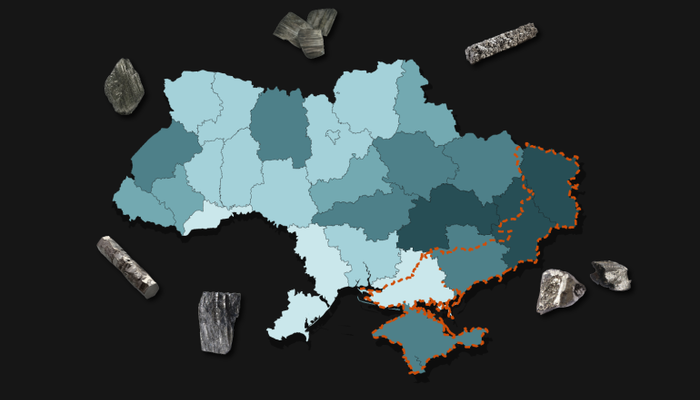
On a significant note, the Senate of Pakistan passed an amendment bill with a two-thirds majority on Sunday. This was swiftly followed by the National Assembly’s approval with an equivalent majority early on Monday morning. This marks a pivotal moment in Pakistan’s legislative history, particularly regarding the judiciary, as it aims to implement comprehensive reforms to enhance the judicial process and ensure a more accountable system.
Previous Attempts and Challenges
Interestingly, this was not the ruling Pakistan Muslim League-Nawaz (PML-N)’s first attempt to introduce these amendments. A previous effort in September failed as the PML-N struggled to garner support from the Jamiat Ulema-i-Islam-Fazl (JUI-F), leading to the legislation not being tabled even with both houses in session.
In response to these setbacks, a special parliamentary committee was established last month, encompassing representatives from all political parties, including the opposition Pakistan Tehreek-e-Insaf (PTI). This committee diligently discussed various proposals over the past few weeks, showcasing a rare instance of collaborative governance.
Mediating Roles and Opposition Concerns
Maulana Fazlur Rehman, the chief of the JUI-F, played a crucial mediating role during these discussions. He addressed opposition concerns about the proposed amendments and alleged intimidation of lawmakers who were supportive of the draft. A particularly contentious issue was the proposed establishment of a Federal Constitutional Court, which the PTI vehemently opposed. Instead, Fazl advocated for the inclusion of a constitutional bench, which has now been incorporated into the act.
While the JUI-F had reached an agreement on a draft with the Pakistan Peoples Party (PPP) earlier this month, the PTI chose to boycott the voting process despite stating that it had “no objections” to the final draft. The initial proposal had suggested 56 amendments, but after extensive negotiations, the number was streamlined to 27 in the version ultimately passed by the National Assembly.
Key Amendments and Their Implications
The newly passed amendments are poised to come into effect immediately, and they encompass various crucial changes. Among these, the most significant adjustments pertain to Article 175A, which governs the appointment of judges to the Supreme Court, high courts, and the Federal Shariat Court (FSC).
Appointment of the Chief Justice of Pakistan (CJP)
One of the landmark changes is the amendment to clause 3 of Article 175A, which alters the appointment process of the Chief Justice of Pakistan. Instead of the president appointing the “most senior judge of the Supreme Court,” the new process will involve a nomination by a Special Parliamentary Committee from among the three most senior judges of the Supreme Court. The committee will then send the nominee’s name to the prime minister, who will forward it to the president for formal appointment.
Furthermore, the earlier provision, which allowed the Judicial Commission of Pakistan (JCP) to forward nominations to an eight-member parliamentary committee, has been amended to ensure that the JCP sends its nominations directly to the prime minister.
In addition, a new clause mandates that the Special Parliamentary Committee shall consist of twelve members, with proportional representation based on party strength in Parliament. The committee must send its nominations within 14 days before the CJP’s retirement, ensuring a more structured and timely appointment process.

Limiting the CJP’s Term
Another significant reform introduced is the limitation of the Chief Justice’s term to a maximum of three years. This amendment to Article 179 stipulates that the CJP shall hold office until they reach 65 years of age, but must retire after three years, even if they have not reached the age limit. This change aims to introduce a sense of accountability and prevent the concentration of power within the judiciary.
Changes to Judicial Powers
The amendments also impact the Supreme Court’s original jurisdiction under Article 184. A new provision states that the Supreme Court shall no longer exercise suo motu powers beyond the content of any application filed under this clause. This is a critical development, as it seeks to regulate the apex court’s authority and prevent overreach.
Additionally, Article 186A has been modified to empower the Supreme Court to transfer cases from high courts to itself or to any other high court, if deemed necessary for the sake of justice.
Conclusion: A Progressive Step Forward
The passage of these amendments is a significant stride toward reforming Pakistan’s judiciary, reflecting a collective commitment from various political factions to enhance judicial accountability and efficiency. While challenges remain, the collaborative efforts of parties like the JUI-F and the PPP, alongside the constructive engagement of the opposition, signal a potential shift towards more inclusive governance. As these amendments come into force, their practical implications will be closely monitored, with the hope that they will lead to a more transparent and responsive judicial system in Pakistan.
Follow us on Google News, Instagram, YouTube, Facebook,Whats App, and TikTok for latest updates












